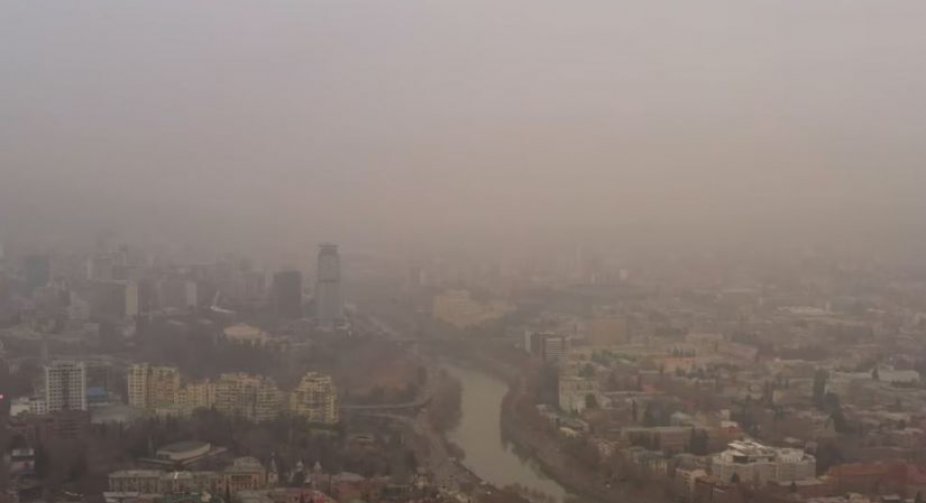According to Georgia’s National Environment Agency, an increase in solid particle content (PM10, PM2.5) has been observed in the atmospheric air across various regions of Georgia, including the capital, since March 29.
This rise is primarily attributed to transboundary pollution, stemming from the spread of desert dust masses originating from the south and southeast, the agency said on Friday.
"It is notable that transboundary pollution occurs on specific days of the year under similar synoptic conditions," remarked the National Environment Agency.
The agency further stated that continuous monitoring of ambient air quality was being conducted through automatic stations. Individuals interested in assessing air quality and receiving health
recommendations can access information through the atmospheric air quality portal at www.air.gov.ge.






